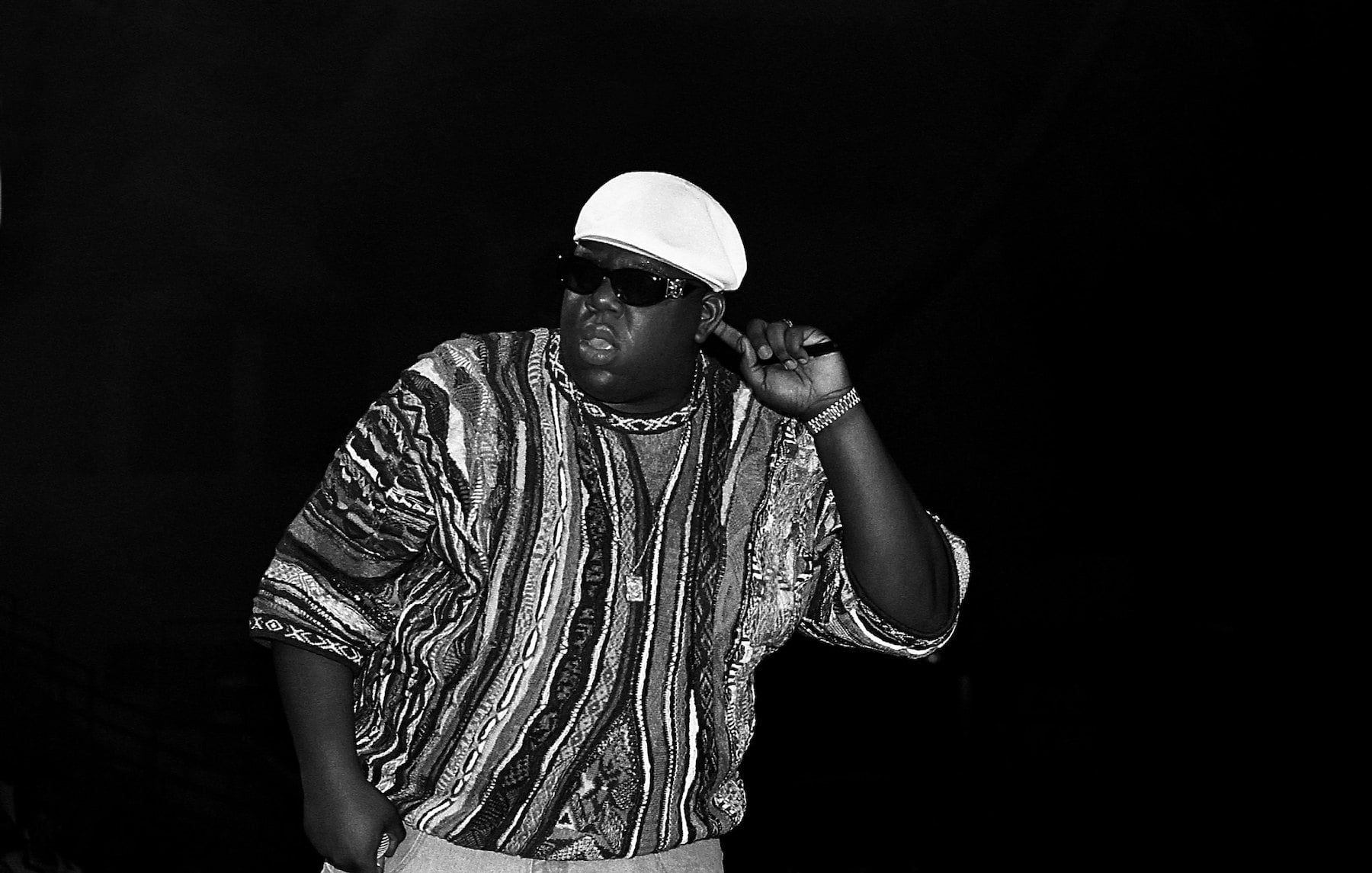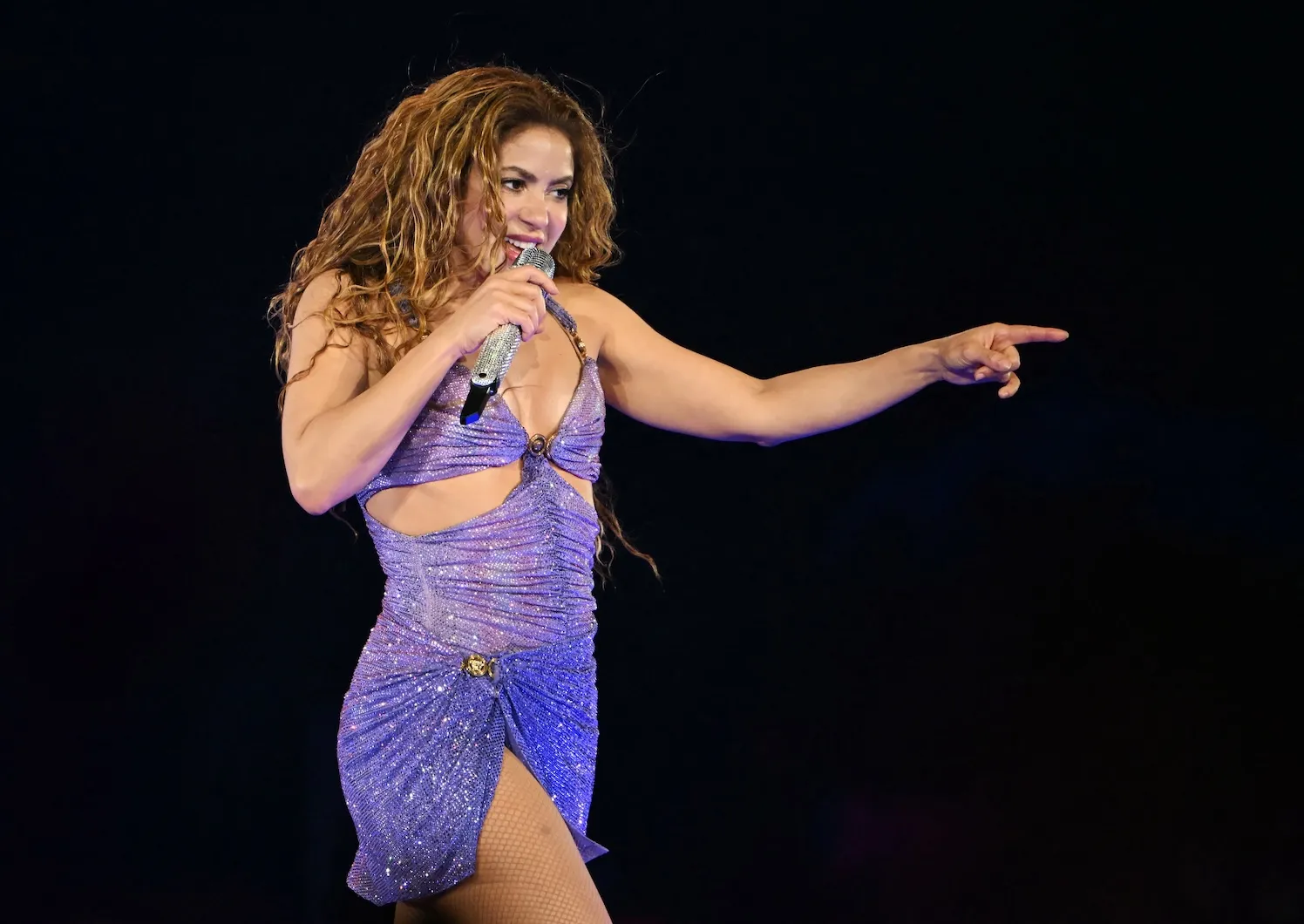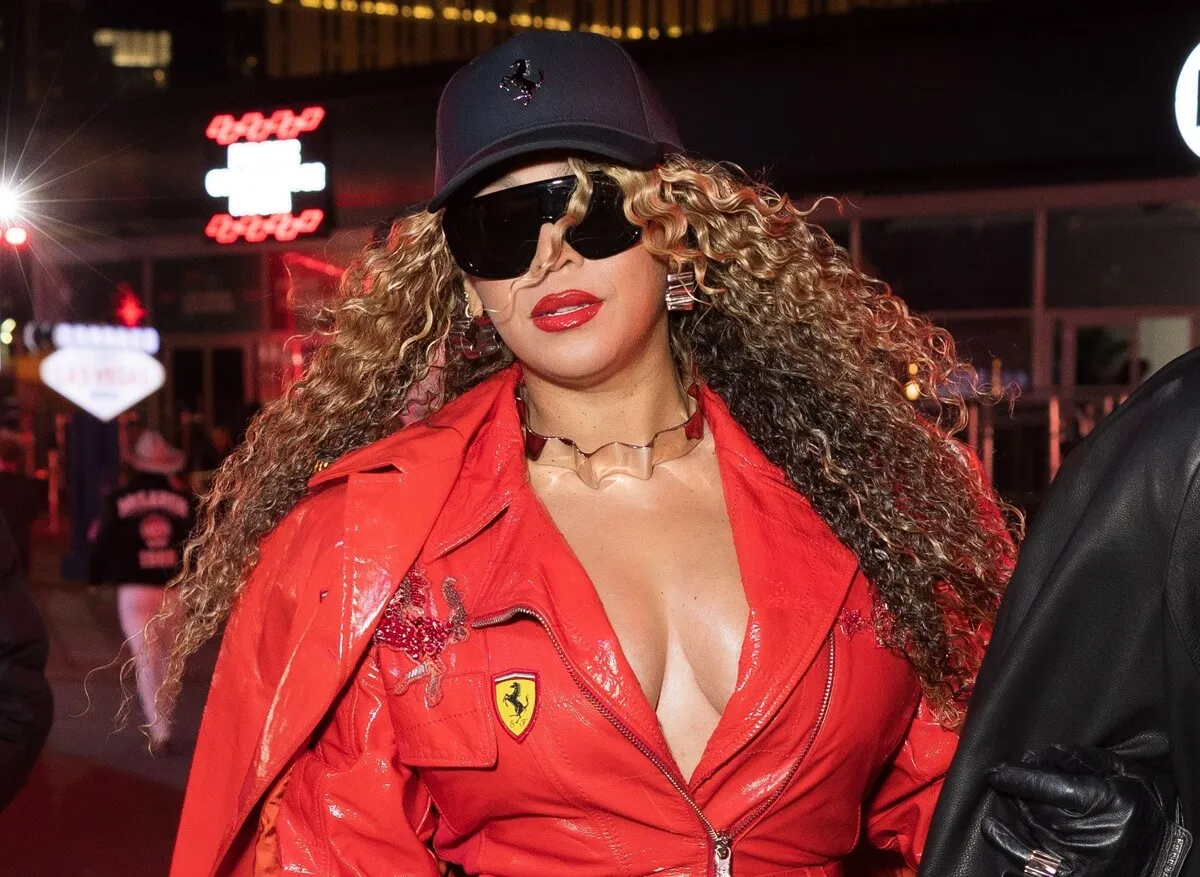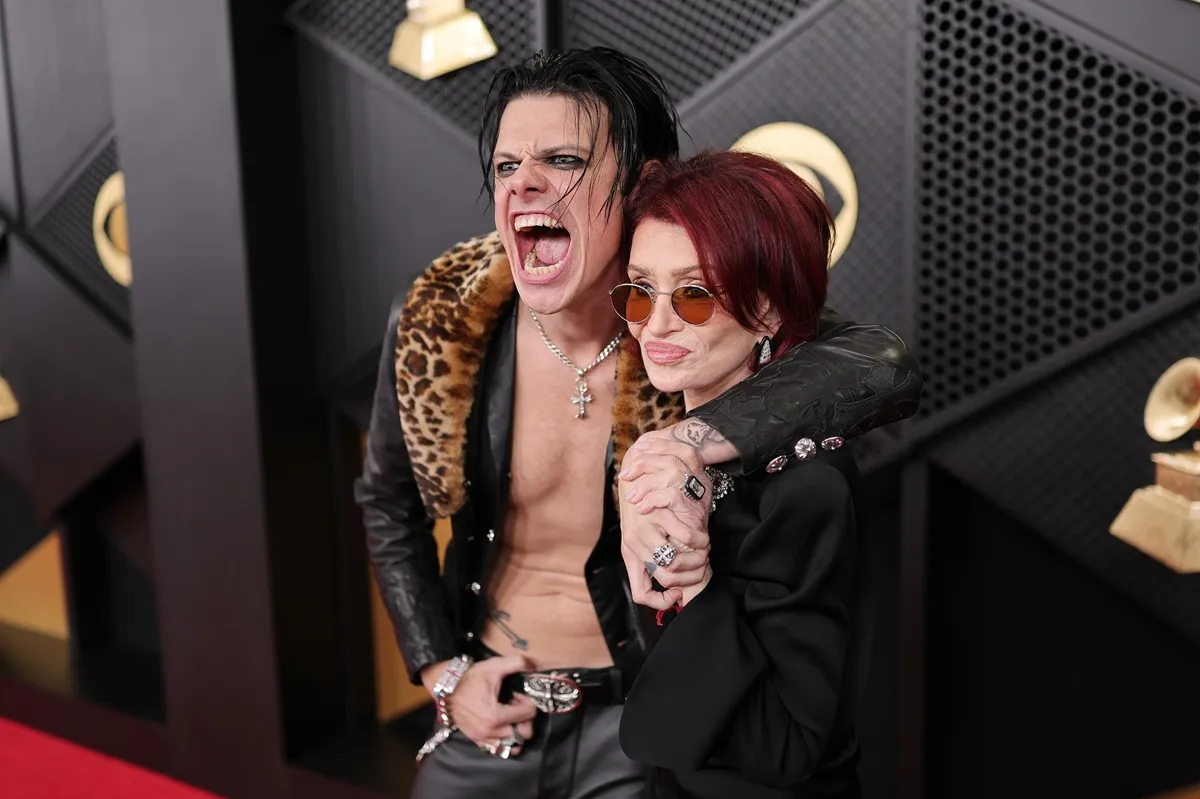
The Comedic Way The Notorious B.I.G. Almost Botched a Robbery When He Was a Drug Dealer
Before he was the hit-making rapper The Notorious B.I.G., Christopher Wallace made ends meet by selling crack in the late 1980s and early ’90s. While he was a drug dealer, Biggie found himself in some tight spots — and once had to resort to robbery.

The Notorious B.I.G. was a drug dealer before he was a rapper
The Notorious B.I.G. first started selling crack on the streets of Brooklyn when he was just 12 years old. For young Christopher Wallace, it was a way to make lots of money fast. As he got older, he sought to expand his business across state lines: demand for crack was high in the south, so he decided to split his time between Brooklyn and Raleigh, North Carolina.
Through his work in North Carolina, Biggie befriended a man named Robert Cagle, also known as Zauqael. Justin Tinsley’s 2022 book It Was All a Dream: Biggie and the World That Made Him explored Zauqael’s relationship with Biggie as he got his footing in the drug market down south.
One day, Zauqael told B.I.G. to find someone to help him sell all his crack. But the person Biggie hired ran off with his drugs, leaving him with no money and no drugs to sell.
To get money quickly, Biggie hatched a plan: to rob the hotel that where he and Zauqael were staying.
Biggie almost botched the robbery
Zauqael’s recollection of the story of he and Biggie’s hotel robbery was featured in It Was All a Dream.
“I opened the back door of the hotel, put a garbage can down there. We went in there and … Yo, this is the funny part, right,” Zauqael remembered, laughing. “He caught himself jumping over the counter — big as he is — and couldn’t get over the counter. He didn’t swing or hit the man, so the man was real cooperative. But he couldn’t get over there. So he had to stop and go all the way around ’cause he couldn’t jump over. But he attempted. So he gets back down, he goes around, and we do what we gotta do.”
The two made off with their money, and eventually returned to the hotel unfazed by police questioning the man in the lobby.
Diddy eventually convinced him to give up dealing
At the same time Biggie’s drug dealing career was taking off, so was his burgeoning career as a rapper: he’d garnered a reputation around Brooklyn for freestyling at local block parties, and more began to take notice that he had a real talent for it. He recorded a demo tape that eventually made its way into the hands of Sean “Diddy” Combs, who would become one of his closest friends and help him launch his career in earnest in 1993 with his Bad Boy Records label.
But before Biggie could commit to music completely, he had to retire from the drug game. Diddy reflected on having to have a serious conversation with Biggie about his path forward in the 2021 Netflix documentary Biggie: I Got a Story to Tell.
“I understood that desire of wanting to be able to take care of your family and wanting to be able to provide and to get rich,” Diddy said. “But I had a personal tragedy being that my father was in the streets and he also dealt drugs and hustled, and he got killed when I was 2.”
“And I said [to Biggie], ‘There’s only one path for you as far as selling drugs, and that’s in jail or dead,’” he continued. “I was just like, ‘If you want to do [music], I need you to commit to this. You can’t do both.’ And he was like, ‘Nah, I’m coming with you.’”


